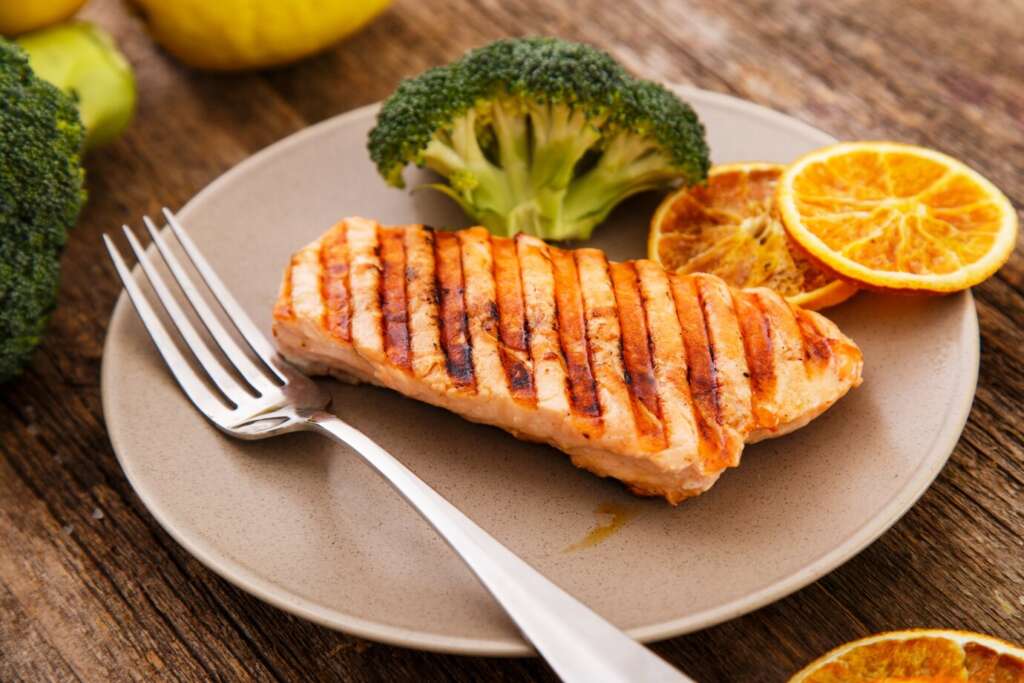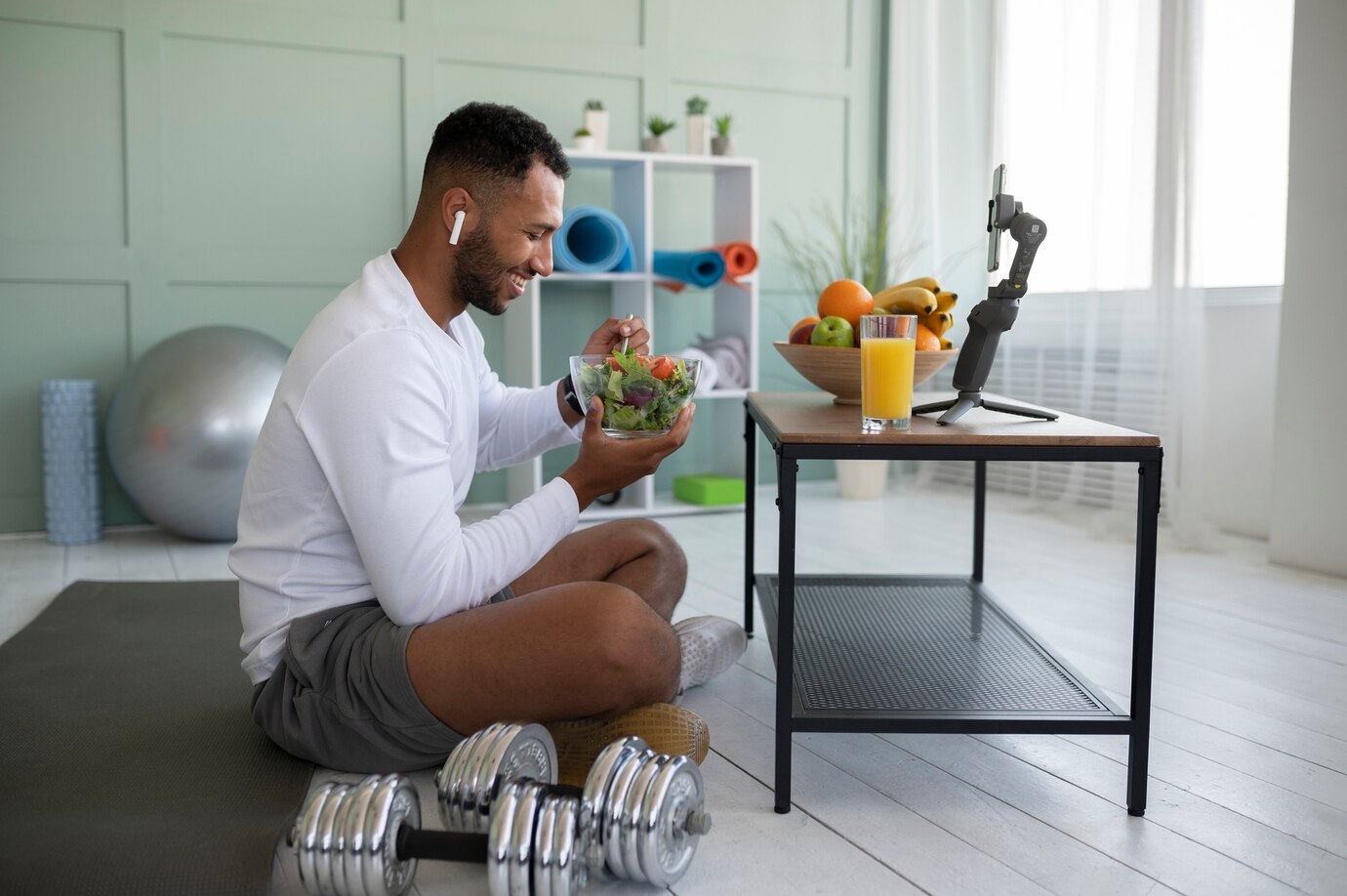We all know the incredible feeling of crushing a workout – the sweat, the burn, the sense of accomplishment.
But let’s talk about the not-so-glamorous side: the post-workout hunger that can sometimes lead us to overeating.
We’ve all been there, right? You finish a killer session at the gym, and suddenly, you find yourself face-to-face with a fridge full of temptations.
What if we told you there’s a way to satisfy your hunger without derailing your fitness goals?
Let’s talk about the ways to avoid overeating after a workout:
Tips & Ways To Avoid Overeating After Exercise
Here are a couple of ideas on how to avoid overeating after a genuine workout:
1. Stay Hydrated

Staying adequately hydrated is essential post-workout as it aids in the restoration of fluids lost during exercise through sweat.
Dehydration can sometimes be misconstrued as hunger, potentially leading to overeating.
Therefore, it is crucial to maintain a consistent water intake throughout the day and especially after a workout.
Adequate hydration supports overall well-being and helps regulate appetite, reducing the likelihood of consuming excess calories.
2. Plan Post-Workout Meals
When it comes to planning post-workout meals, it’s important to focus on nutrient-rich options to replenish energy stores and promote muscle recovery.
Optimal choices include a combination of carbohydrates and protein. Carbohydrates help replenish glycogen, the body’s primary energy source, while protein supports muscle repair and growth.
Examples of balanced post-workout meals include grilled chicken with quinoa or a tofu stir-fry with brown rice, providing the necessary nutrients to aid recovery.
3. Consume Fiber-Rich Foods
Incorporating fiber-rich foods into your post-workout nutrition plan can also be beneficial.
Foods high in fiber, such as fruits, vegetables, and whole grains, contribute to a feeling of fullness and help regulate blood sugar levels.
This can prevent sudden spikes and crashes in energy, reducing the likelihood of post-exercise overeating.
4. Include Protein In Meals

Including an adequate amount of protein in your meals is another key strategy to avoid overeating after a workout.
Protein plays a crucial role in muscle repair and growth, helping to enhance the benefits of your exercise routine.
Lean protein sources like chicken, fish, beans, and tofu can be excellent additions to post-workout meals, providing the necessary amino acids your body needs for recovery.
5. Chew Gum
Chewing gum can serve as a simple yet effective trick to curb post-workout cravings.
The act of chewing gum promotes saliva production, which can help signal to the brain that you’re consuming something, potentially reducing the desire to eat more than necessary.
Opt for sugar-free gum to keep the calorie count in check, and avoid overeating after exercises and workouts.
6. Eat Mindfully
Eating mindfully involves paying attention to your food and savoring each bite, which can prevent overeating.
By focusing on the taste, texture, and satisfaction derived from your meal, you are more likely to recognize feelings of fullness, helping you avoid unnecessary post-workout snacking.
Related: How to eat healthy as a teenager
7. Control Portion Sizes

Lastly, controlling portion sizes is crucial for avoiding overeating after a workout.
Even with healthy food choices, consuming excessive portions can lead to overeating. Be mindful of serving sizes and listen to your body’s hunger and fullness cues.
This practice ensures that you provide your body with the necessary nutrients without going overboard on calories, supporting your fitness goals effectively.
Over To You
Avoiding overeating after a workout is about making smart choices and listening to your body.
Stay hydrated, opt for nutrient-packed snacks, and be mindful of your hunger cues.
It’s not about saying no to food but about saying yes to the right fuel.




